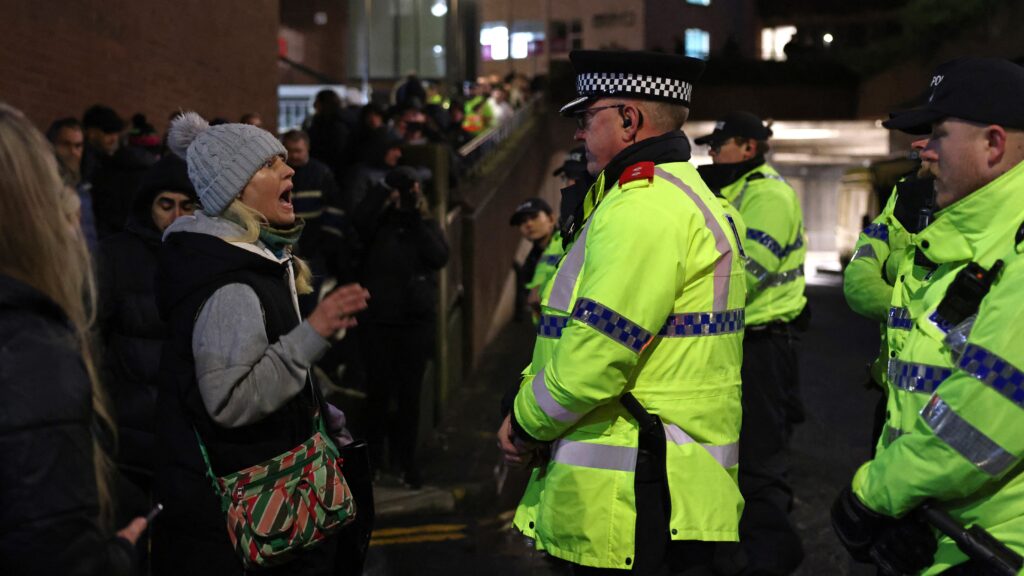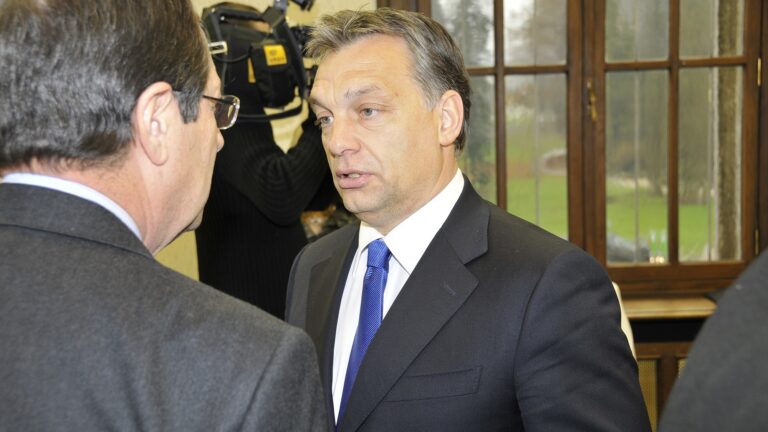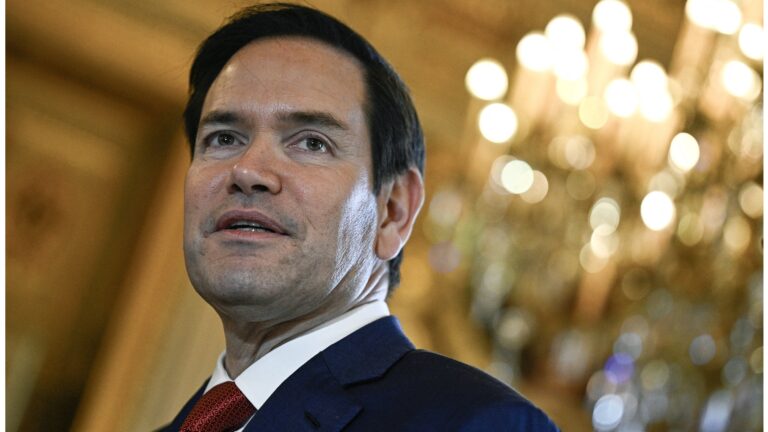It has been 6 years since David Cameron resigned on 13 July 2016. Cameron promised to bring ‘modern compassionate Conservatism’ to the Conservative Party, and thereby to the UK. This was a promise which he did deliver on, as he introduced a number of progressive and well-received policies, but it is the decision which caused his downfall that will ultimately be remembered as his legacy.
Before His Time as PM
After graduating in 1988, he worked for the Conservative Research Department (CRD) for 5 years. During this time, he was also sent to work on Downing Street, briefing the then Prime Minister John Major. He became the head of the political section of the CRD, working on the campaign for the 1992 general election. In recognition of his outstanding performance. he was promoted to be the Special Adviser to the Chancellor of the Exchequer. The following year he applied for a place on the Conservative Central Office’s prospective parliamentary candidates list. In 1996, he was selected to run in Stafford. While he lost the election, he managed to win in Witney, and so he was elected to the Parliament in 2000.
After he was appointed as a shadow minister in the shadow cabinet in 2003, he announced his candidacy for the Conservative Party leadership position in 2005, which he managed to win despite not being considered the favourite.
In 2006, Cameron began negotiations with Eurosceptic parties in other countries, concluding in an agreement with the Czech Civic Democratic Party, leading to the foundation of the European Conservatives and Reformists in 2009.
Following this, Cameron and the Conservative Party managed to win the 2010 general elections, though they were still short of a majority resulting in the first hung parliament in the last 36 years.
As a result, in order to achieve an overall majority, Cameron and the Liberal Democrat Nick Clegg agreed to a Conservative/Liberal Democrat coalition government.
First Term as PM
David Cameron came to power in 2010, at a moment of economic disaster with unparalleled challenges. This situation prompted Cameron to treat the economy as his top priority. To facilitate his goals of reducing the debt-to-GDP ratio and annual deficit, he created the Office for Budget Responsibility and established a government spending review.
Despite the establishment of the Office, the UK lost its AAA credit rating in 2013, and the debt-to-GDP ratio was still on the rise due to the annual deficit only decreasing by 50 per cent, as opposed to the 100 per cent that was promised.
To Cameron’s credit, the deficit reduction was substantial, and a record number of jobs were created, making the UK the fastest-growing major advanced economy in the world, which
The Committee report stated that Cameron was ultimately responsible for failing to develope a coherent Lybia strategy
He received harsh criticism for his role in the Libyan Civil War. The UK and the US launched missile attacks on military targets in the country, helping the overthrow of the Gaddafi government, which Cameron said he said he was ‘proud’ of. A Foreign Affairs Select Committee conducted an inquiry into the British involvement and concluded that the intervention originally meant to defend civilians ‘had drifted into an opportunist policy of regime change. That policy was not underpinned by a strategy to support and shape post-Gaddafi Libya. The result was political and economic collapse…’ The Committee report stated that David Cameron was ultimately responsible for failing to develope a coherent Lybia strategy.
Beyond ambitious economic and foreign affairs endeavours, Cameron also branded himself as somebody who was ‘passionate about our environment’, and he emphasized social responsibility for tackling climate change.
Cameron took a genrally anti-globalist stance, and while being in favour of the EU, he highlighted the importance of national sovereignty.
As a token of his ‘modern conservative’ attitude, he endorsed same-sex marriage in 2011, although he appeared to change his stance regarding the LBTQ community a handful of times during his tenure.
Second Term, Leading up to Brexit
Despite the controversies and the failure to meet all of the goals Mr. Cameron set out to achieve, the Conservative Party gained an overall majority in the following elections, allowing them to form a government without the need for a coalition in 2015.
As his first notable act after re-election, with the support of the House of Commons, he extended air strikes against ISIS following the terror attacks in Paris.
But what defined his second term was the Brexit Referendum, which he scheduled for the 23rd of June 2016. This move was in response to pressure mounted by the far-right parts of his party and the UK Independence Party’s (UKIP) campaign to leave the EU. The UKIP campaign was built on their anti-immigration stance, along with calls to “restore sovereignty”. With slogans such as ‘take back control‘ and ‘we want our country back‘, the movement promised that Brexit would save hundreds of millions of pounds a week, would result in a more democratic country, free of EU control, and free trade with the whole world, unobstructed by EU regulations, as well as stricter immigration control.
Before the referendum, Cameron toured Europe as part of his bid to renegotiate UK relations with EU countries before the Brexit referendum. Among other countries, he visited Hungary and appeared alongside Orbán at a press conference. The main topic discussed between the two leaders was Cameron’s proposal of banning EU migrants from claiming in-work benefits for four years after arrival. Orbán said that Hungarians living in the UK ‘were not parasites’, declaring that Hungarians were ‘citizens of a state that belongs to the European Union, who can take on jobs anywhere, freely, within the European Union.’ Cameron emphasized that he valued the contributions made by Hungarians and citizens of other EU nations, stating he was ‘open to other solutions’ and that he was confident an agreement could be reached. Cameron was clearly trying to establish good relations with EU nations as he expected the majority to vote remain.
Cameron was clearly trying to establish good relations with EU nations as he expected the majority to vote remain
In an unexpected turn of events, amid a 72 per cent turnout, the British voted to leave the EU, with 52 per cent voting to exit and 48 per cent voting to remain. A day later, Cameron announced his resignation, as, being on the whole pro-EU, he did not think ‘it would be right’ for him ‘to try to be the captain that steers our country to its next destination’. His resignation took effect on 13 July.
Post-Brexit
David Cameron was succeeded by Theresa May, who was tasked with the thankless job of carrying out the Brexit negotiations with the EU. Less than two months after quitting as PM, Mr. Cameron also stepped down as an MP, and went on to pursue a different career, having been appointed to lead numerous organizations and commissions.
While a large number of Britons were convinced that things in the UK would change for the better with Brexit, it is now clear that very few if anyone benefited from the decision. This is reflected in polls, which show that most people already consider leaving to have been the wrong decision.
Whatever his achievements were as UK’s prime minister, they will be forever overshadowed by one mistaken decision: his enduring legacy is the blunder of the Brexit Referendum.








